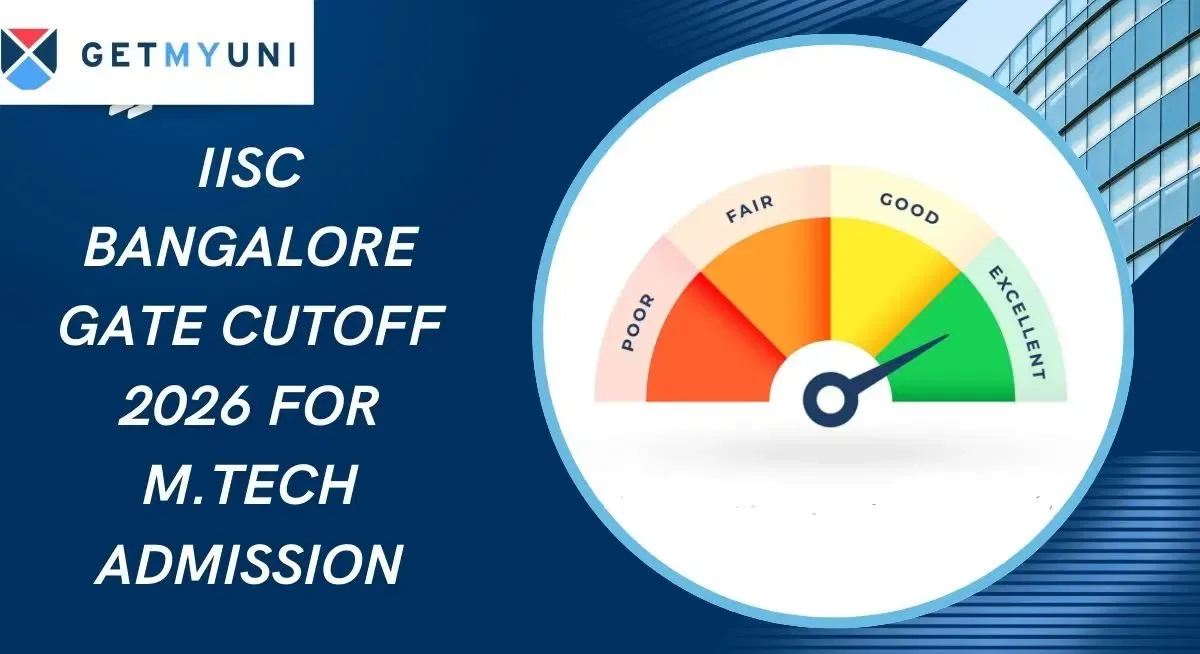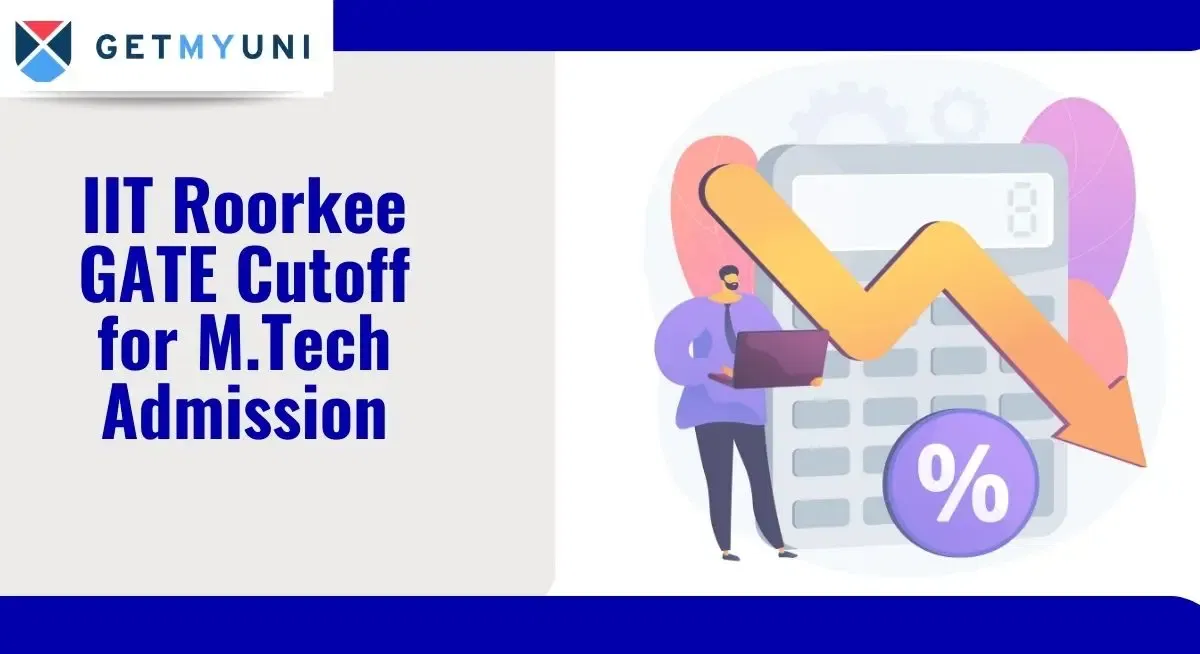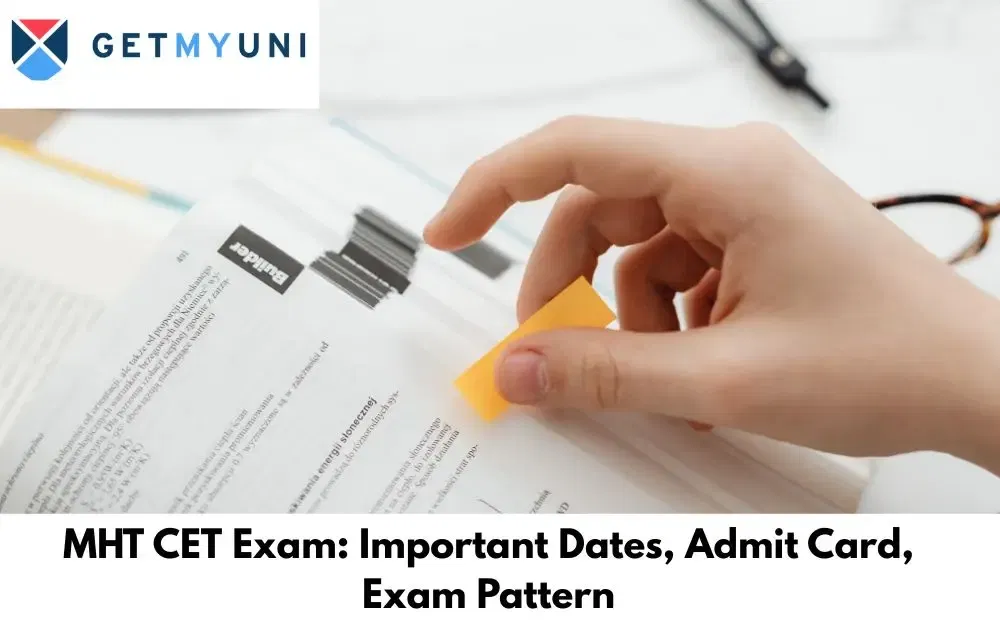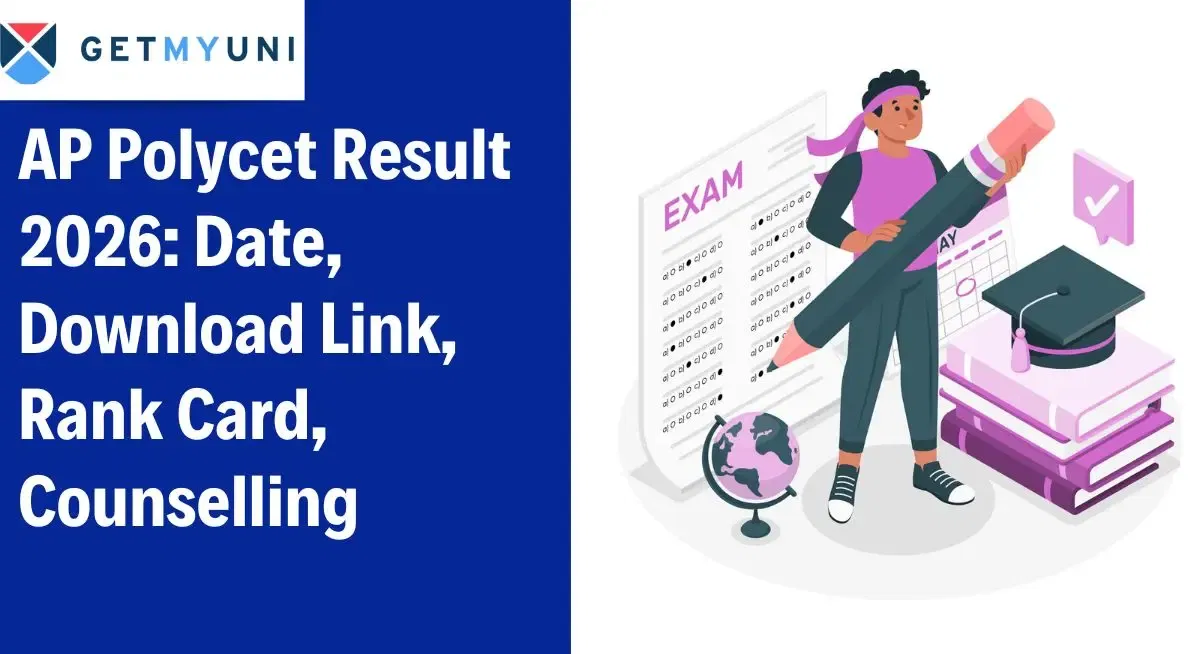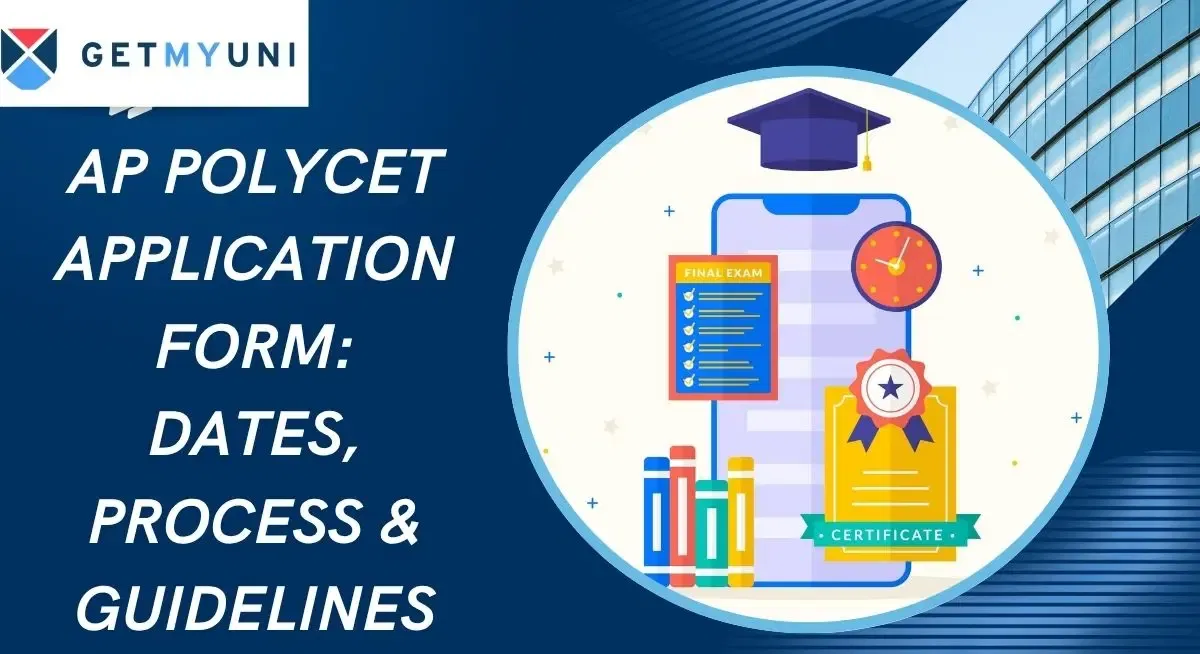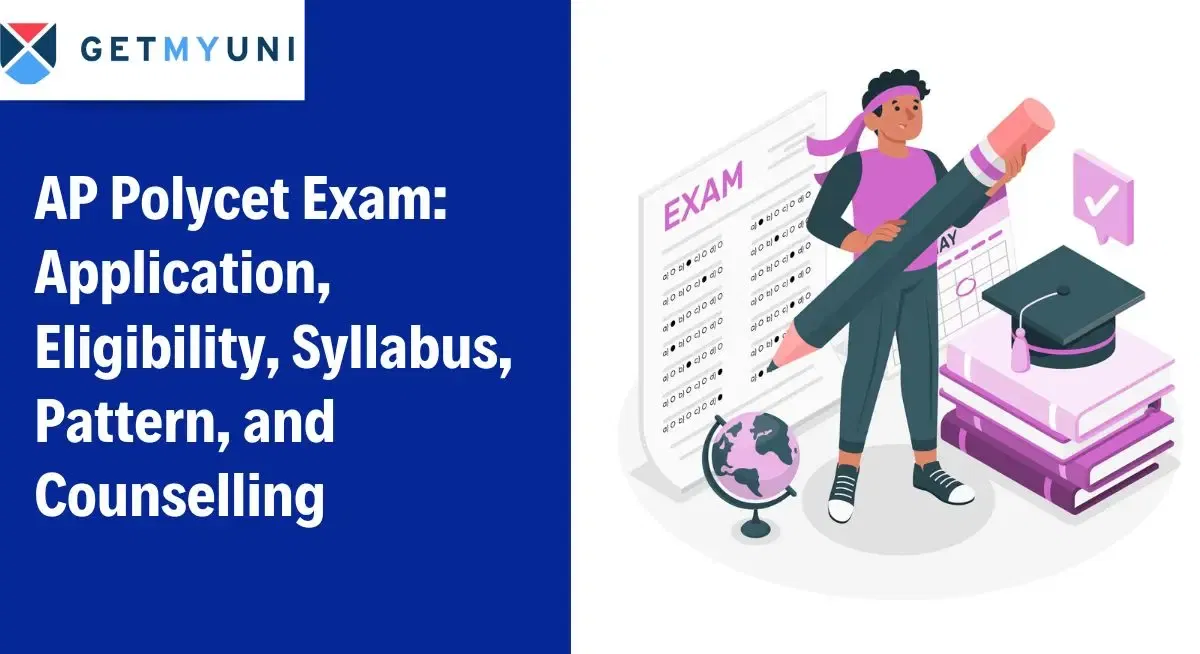Get complete information on Top M.Tech Entrance Exams in India to get admission to popular colleges offering M.Tech. Find latest updates regarding M.Tech Entrance Exam 2025 Dates, Eligibility, Syllabus, Exam Pattern and more.
M.Tech stands for Masters in Technology, which is a higher education degree in various fields of engineering. Every year, over 50% of B.Tech graduates apply for higher education such as M.Tech courses. This is because of the need for M.Tech graduates in the industry. Individuals who are M.Tech graduates are suitable candidates for roles that require higher technical knowledge about things.
Graduating from an M.Tech course will ensure that the individual is much more mature and has a strong knowledge base in a specific area of study than a B.Tech graduate. This makes the individual eligible for research and development projects as well as being considered for a Ph.D.
Because of the increasing demand for M.Tech degree, colleges and universities introduced entrance examinations for M.Tech degree. This is because there are only a limited number of seats available for M.Tech degree and only the students with the highest potential will be able to cope with the topics and syllabus.
List of M.Tech Entrance Exam and Dates
Many colleges and universities in India have resorted to the conduction of entrance examinations for their M.Tech course. There are several M.Tech exams conducted every year, some are common entrance exams conducted by the government and some are conducted by colleges/universities. Dates for M.Tech entrance exams 2025 in India are:
| List of M.Tech Entrance Exam | Exam Dates (Tentative) |
| GATE |
|
| SRMGEET | April 2025 |
| KIITEE | Mar 27 - Mar 31, 2025 |
| AP PGECET | July 2025 |
| TS PGECET | Jun 6- Jun 8, 2025 |
| JNUEE | June 2025 |
| CUCET | May 15 - May 31, 2025 |
| PESSAT | May/June 2025 |
| DSAT | Aug 2025 |
| SUAT | June 2025 |
| BEEE | Apr 2025 |
| BHU PET | Sept 2025 |
The M.Tech exams mentioned above are either national level or state level examinations. The national level examinations are usually conducted by colleges or universities. State-level examinations such as TS PGECET, AP PGECET are conducted by the state education board to facilitate the admission of candidates into good universities in the state.
M.Tech Entrance Exams Syllabus
The syllabus for the M.Tech Entrance Exams is mentioned below. The topics vary across the different entrance examinations and students must pay close attention in case they have plans of appearing for multiple entrance tests.
GATE Syllabus
GATE syllabus is quite elaborate and it varies for each course. However, the aptitude syllabus remains the same. It is as mentioned below:
Verbal Ability
- English Grammar
- Sentence Completion
- Verbal Analogies
- Word Groups
- Instructions
- Critical Reasoning
- Verbal Deduction
Numerical Ability
- Numerical computation
- Numerical Estimation
- Numerical Reasoning
- Data Interpretation
Read More: GATE Syllabus
SRMGEET Syllabus
The syllabus for each course in the SRMGEET M.Tech Entrance Exam is mentioned below:
Civil Engineering
- Mechanics of solids & Structural analysis
- Environmental engineering
- Concrete & Steel structure
- Fluid mechanics & water resource engineering
- Constructions & materials management engineering
- Surveying
- Transportation Engineering
- Remote sensing
- GIS
Computer Science Engineering
- Discrete Mathematical Structures
- Microprocessor & hardware systems
- Computer Organization & Architecture
- System programming
- Operating systems
- Programming methodology
- Data structure & Algorithms
Food Processing Engineering
- Bioprocess Engineering
- Food Engineering
- Biochemistry & Nutrition
- Microbiology
Read More: SRMGEET Syllabus
KIITEE Syllabus
The subject-wise syllabus for KIITEE M.Tech Entrance Exam is mentioned below:
Physics Syllabus
- Units and Measurement
- Description of Motion in One Dimension
- Description of Motion in Two and Three Dimensions,
- Laws of Motion
- Work, Energy and Power
- Rotational Motion and Moment of Inertia
- Gravitation
- Solids and Fluids
- Oscillations and Waves
- Heat and Thermodynamics/ Transference of Heat
- Electrostatics and Current Electricity
- Thermal and Chemical Effects of Currents
- Magnetic Effects of Currents and Magnetostatics
- Electromagnetic Induction and Alternating Currents
- Ray Optics and Wave Optics
- Electromagnetic Waves
- Electron and Photons
- Atoms, Molecules and Nuclei
- Solids and Semi-Conductors
Chemistry Syllabus
- States of Matter
- Atomic Structure and Solutions
- Chemical Energetics and Thermodynamics
- Chemical Equilibrium
- Redox Reactions and Electrochemistry
- Rates of Chemical Reactions and Chemical Kinetics
- Surface Chemistry
- Chemical Families Periodic Properties
- Chemical Bonding and Molecular Structure
- Chemistry of Non-Metals-I and Non-metals-II
- Chemistry of Lighter Metals and Heavy Metals
- Chemistry of Representative Elements
- Transition Metals Including Lanthanides
- Coordination Chemistry and Organo Metallics
- Nuclear Chemistry
- Purification and Characterization of Organic Compounds
- Hydrocarbons and Organic Compound Containing Halogens
- Organic Compounds Containing Oxygen
- Organic Compounds Containing Nitrogen, Synthetic and Natural Polymers
- Bio-Molecules and Biological Processes
- Chemistry In Action
- Environmental Chemistry
Mathematics Syllabus
- Sets, Relations and Functions
- Complex Numbers
- Matrices and Determinants
- Quadratic Equations
- Permutations and Combinations
- Binomial Theorem and Its Applications
- Sequences and Series
- Differential Calculus and Integral Calculus
- Differential Equations
- Two-Dimensional Geometry
- Three-Dimensional Geometry
- Vector Algebra
- Measures of Central Tendency and Dispersion
- Probability
- Trigonometry
Read More: KIITEE Syllabus
AP PGECET Syllabus
The subject-wise syllabus and relevant topics for AP PGECET M.Tech Entrance Exam are mentioned below:
Aerospace Engineering
- Engineering Mathematics
- Flight Mechanics
- Space Dynamics
- Aerodynamics
- Structures
Biotechnology
- Engineering Mathematics
- Biotechnology
Civil Engineering
- Engineering Mathematics
- Structural Engineering
- Engineering & Environmental Engineering
Electrical Engineering
- Engineering Mathematics
- Electrical Engineering
Mechanical Engineering
- Applied Mechanics and Design
- Fluid Mechanics and Thermal Sciences
- Manufacturing and Industrial Engineering
Geo-Engineering & Geo-Informatics
- Engineering Mathematics
- Geo-Engineering
- Surveying Methods
- Principles of Remote Sensing, Electromagnetic Spectrum
- GIS Concepts
Instrumentation Engineering
- Engineering Mathematics
- Basics of Circuits and Measurement Systems
- Transducers, Mechanical Measurement, Industrial Instrumentation
- Analog Electronics
- Digital Electronics
- Signals, Systems and Communications
- Electrical and Electronic Measurement
- Control Systems and Process Control
- Analytical, Optical and Biomedical Instrumentation
Chemical Engineering
- Engineering Mathematics
- Process Calculations and Thermodynamics
- Fluid Mechanics and Mechanical Operations
- Heat Transfer
- Mass Transfer
- Chemical Reaction Engineering
- Instrumentation and Process Control
- Plant Design and Economics
- Chemical Technology
Read More: AP PGECET Syllabus
BEEE Syllabus
The syllabus for BEEE M.Tech Entrance Exam is mentioned below:
Physics
- Mechanics
- Gravitation
- Heat and Thermodynamics
- Ray and Wave Optics and Magnetism
- Electricity and Magnetism
- Oscillations and Waves
- Atomic Physics and Relativity
- Dual Nature of Matter and Nuclear Physics
- Electronics and Communication, etc
Chemistry
- Some basic concepts in chemistry
- States of Matter
- Chemical Families-Periodic Properties
- Atomic Structure
- Chemical Bonding and Molecular Structure
- Solutions
- Chemical Equilibrium
- Electrochemistry
- Hydrocarbons
- Surface Chemistry
- Chemical Kinetics
- Organic Compounds containing Oxygen
- Organic Compounds containing Nitrogen, Polymers, etc
Biology
- Plant anatomy
- Cell Biology and Genetics
- Biotechnology
- Plant Physiology
- Biology in Human Welfare
- Modern Genetics and Animal Biotechnology
- Environmental Science
- Theories of Evolution
- Immunology
- Microbiology
Mathematics
- Sets
- Relations and Functions
- Matrices and Determinants
- Complex numbers
- Mathematical Induction and its Application
- Quadratic Equation
- Trigonometry
- Sequence and Series
- Straight Lines in 2D
- Differential Equations
- Integral Calculus
- Circles in 2D
- Vector Algebra
- Probability
The syllabus for the English section in the entrance exam will be as per the intermediate second year.
Read More: BEEE Syllabus
M.Tech Entrance Exams Eligibility Criteria
There are a few criteria that the candidates need to satisfy before applying for the examination if not the application can be rejected at any time in the admission process. The eligibility criteria for a few of the M.Tech entrance examinations are as follows:
| BEEE Eligibility |
|
| GATE Exam Eligibility |
|
| KIITEE Eligibility |
|
| AP PGECET Eligibility |
|
| DSAT Eligibility |
|
M.Tech Entrance Exams Pattern
There are various M.Tech exams conducted every year but by different exam authorities. Because of this, the exam paper pattern of the entrance exams is different from each other. It is always important to know about the exam pattern as it is a part of the preparation process for the examination. The exam patterns for a few M.Tech entrance exams are as shown below:
GATE Exam Pattern
- GATE is a computer-based test that consists of 65 questions that are worth 100 marks. The exam is conducted for 3 hours.
- The questions are of multiple-choice type. Each question carries 1 or 2 marks based on the difficulty of the topic and in case of a wrong answer, there will negative marking on 1/3rd of total marks for that question.
Read More: GATE Exam Pattern
SRMGEET Exam Pattern
- This is a computer-based test that is conducted for 2 and a half hours (150 mins).
- The paper will contain 100 multiple choice questions that are worth 3 marks and every wrong answer will result in a negative marking of 1 mark.
Read More: SRMGEET Exam Pattern
TS PGECET Exam Pattern
- This is a computer-based objective type questions test.
- The exam is conducted for 2 hours (120 mins).
- The exam paper contains 120 questions, each worth 1 mark if answered correctly. There is no negative marking.
Read More: TS PGECET Exam Pattern
JNUEE Exam Pattern
- The exam is conducted for 3 hours.
- The exam paper will consist of multiple-choice questions and each question is worth 1 mark if answered correctly. There is a negative marking scheme where 1 mark is deducted for every wrong answer.
CUCET Exam Pattern
- This exam is conducted offline i.e; pen and paper-based test.
- It is conducted for 2 hours, with 120 multiple-choice questions in the question paper.
- The exam is divided into two parts, Part-A and Part-B.
- Each right answer carries 1 mark and each wrong answer carries - 0.25 marks.
Read More: CUCET Exam Pattern
One of the best ways to prepare for an entrance exam is to have an idea of the exam pattern and to have an idea of the syllabus for the examination. Understanding the syllabus will help you to understand which topics you are not familiar with and thus you can start your preparation from the topics that you find the hardest for you. The exam pattern will help you to understand the types of questions asked in the paper.
M.Tech Entrance Exams Previous Years’ Papers and Sample Papers
Another important step in exam preparation is to refer to previous years’ papers. This can be done as a type of revision so that you can familiarize yourself with the syllabus, the exam pattern, and the areas that you are weak at. Solving previous year’s paper will help you time yourself for the examination too. This way, you can finish faster in the M.Tech entrance exam and have time to review your answers.
Some M.Tech entrance exam previous years’ papers and sample papers are mentioned below:
- GATE Previous Year Question Papers
- KIITEE Sample Papers
- AP PGECET Previous Years Question Papers
- CUCET Previous Year Papers
- PESSAT Previous Years Question Papers
- SUAT Mock Tests and Sample Papers
While M.Tech is harder to complete than B.Tech, the popularity and demand for M.Tech courses are always increasing due to the increasing need of companies for M.Tech graduates. Having an idea about the M.Tech entrance examinations will be helpful while planning your career path.


